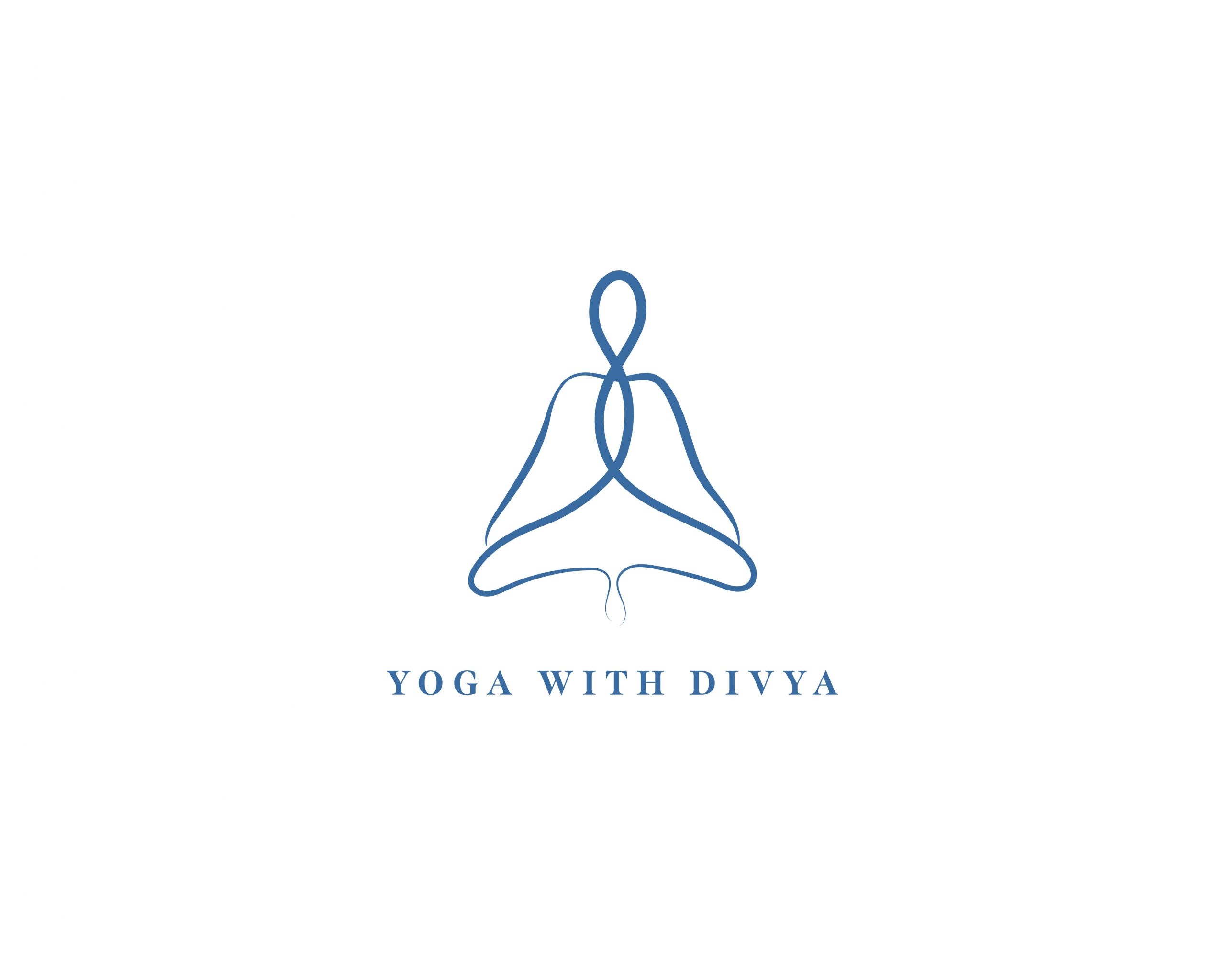There is popular article in this weekend’s Guardian newspaper, based on a report that says young people are shunning hedonism for… yoga and wellness. There’s been a huge growth in festivals embracing wellness, wellbeing events and celebrities turning their life around and then launching books and podcasts “telling us” how to be well and happy. Young people (apparently) want to go out and combine wellness with fun.
If you know me a smidgeon, you might know my personal reaction and view to the above.
The more I engage with yoga (be it through personal practice, or study or teaching), the further I see or am reminded how Yoga is not a practice or thing to ‘play with’.
I totally appreciate and respect that as human beings, we each have a right and our own individual perspective to engage in something according to our understanding and need.
So if more and more people are having ‘fun’ through yoga or even choose yoga as their form of ‘personal wellness’ – this is not only their right, but they are right in their ‘own’ way.
But here is where I come from on this. To call anything ‘Yoga’ (be it postures, chanting, reading, study, devotion or meditation), the essential ingredients are:
-to calm the mind and see and be ‘beyond’ the mind and our conditioning that usually in everyday life draws us to what we like and away from what we don’t like, and, draws us into judgement of what is positive or negative
-to be in ‘Yoga’, relative stillness inside of us is needed as a context and environment (emotions, thoughts, physiology need to be in a relative steady or equilibrium state)
-to practice yoga, be it prominently through the body or mind or service – is to eventually touch and affect all parts of our being: mind, body, emotion, thoughts, cellular, the ancient part of our brain, nervous system – and from there to eventually discover a place that is all of, and beyond, the aspects of ourselves we have journey through or touched
If we contextualise Yoga in a fun or wellness setting, this not only constrains the practice and minimises its potential affect, it actually keeps us ‘out of a state of yoga’ by making us think and engage with it on a level that is defined by the outer world, e.g. ‘this is what wellness is’, ‘this is drawing me in because it’s fun’, this will keep the ‘small I’ (the ego, the body, the conditioned mind) – happy or entertained for a while.
This may all sound very serious to you reading this.
Or maybe for you yoga is brilliant as a health and wellness practice.
Which is fine.
As mentioned, we are human beings that enter this life with our own conditioned minds (which then determines how we approach things).
It’s just that in the era we are living in now, where wellness has become a trillion-dollar industry that promotes values and ideas that are often in conflict with the idea of Yoga, I think we each need to examine why we do anything and where that is coming from inside of us – which is the inner compass Yoga is there to remind us of.
To examine our preferences and ideas and see where we are being imposed upon or subtly influenced by the incessantly influential and powerful outer world is part of the Yogic path.
P.S.
That’s not to say the path can’t be fun, but ‘fun’ as part of a greater, wider whole of enquiry, rather than a transient temporary gratification delivered by external influence.
-photo: by Zara Hannaford






